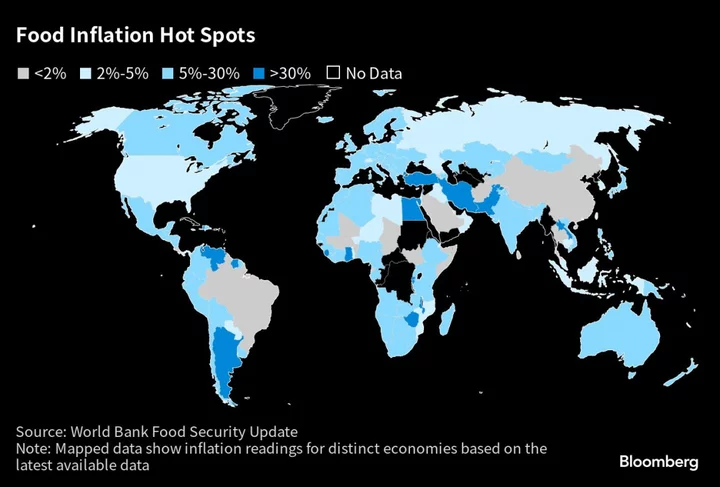US bank regulators are set to release their plans next week for a sweeping overhaul of capital rules, with the latest draft including requirements for large lenders’ residential mortgages that go beyond international standards.
The changes would be part of the US version of a global accord known as Basel III that followed the financial crisis. The plans are poised to be unveiled July 27 by the Federal Reserve, the Federal Deposit Insurance Corp. and the Office of the Comptroller of the Currency, according to three people familiar with the proposal who asked not to be identified discussing details before the announcement.
Although regulators have said big Wall Street banks might face a 20% average increase in overall capital requirements, the focus on large lenders’ residential mortgages hasn’t been mentioned. The US had been expected to keep these mortgages in-line with the international framework.
For large banks, the agencies wanted to go above the global standards for residential mortgages, as well as some business loans, to avoid giving those lenders a competitive advantage over smaller peers, according to another person familiar with the proposal. The Fed wanted banks of different sizes to treat comparable residential loans the same, this person said.
The industry will almost certainly criticize the proposal as another onerous measure to “gold plate” US requirements by making them more stringent than global standards. Banks have complained for years that reforms after the 2008 financial crisis gave an unfair advantage to less-regulated nonbank lenders. And they’ve warned that additional requirements risk raising borrowing costs at a time when the dream of home ownership has become more elusive for average Americans.
Spokespeople for the FDIC, Fed and OCC declined to comment.
Assigning Risk
The measure under consideration would raise the so-called risk weights for many residential mortgages compared with the international standards, the three people said, meaning they would play a more significant role in determining overall capital requirements.
Risk weights aren’t the amount of capital that banks need to hold. Instead, they are percentages assigned to account for the risk of various types of assets. Higher risk weights apply to assets that regulators consider to be greater risks.
In the US, a 50% risk weight is now assigned to many first-lien residential mortgage loans.
Now, federal regulators are considering applying risk weights of 40% to 90% for large banks, depending on the loan-to-value ratio, according to one of the people. Riskier loans, with higher LTV ratios, would get the higher risk weights.
The proposed risk weights across the board are 20 percentage points higher than those in the Basel III international framework, according to the three of the people.
Residential mortgage-backed securities guaranteed by government-sponsored enterprises wouldn’t be affected by the US change.
Regional Banks
When the package of US capital requirements is announced, it will also rope in banks with at least $100 billion in assets. That’s far lower than the existing $250 billion threshold where many of the toughest rules kick in, which means dozens of regional US banks might have to meet the new standard.
The measure will also ensure midsize banks — similar in size to the failed Silicon Valley Bank — disclose their unrealized losses on available for sale securities on the balance sheet be recognized in capital once sold.
--With assistance from David Scheer.









